PARIS: Google said it would make changes to its global advertising business to ensure it did not abuse its dominance, bowing to antitrust pressure for the first time in a landmark settlement with French authorities.
The deal with the French competition watchdog could help rebalance the power over advertising in favor of publishers, which held sway over the business in the pre-Internet era but lost control with the rapid rise of Google and Facebook.
The settlement, which was announced on Monday and also saw Google fined 220 million euros ($268 million), is the first time the US tech giant has agreed to make changes to its huge advertising business, which brings in the bulk of its revenue.
“The decision to sanction Google is of particular significance because it’s the first decision in the world focusing on the complex algorithmic auction processes on which the online ad business relies,” said France’s antitrust chief Isabelle de Silva.
The watchdog found that Google’s ad management platform for large publishers — Google Ad Manager — favored the company’s own online ad marketplace — Google AdX — where publishers sell space to advertisers in real-time.
Ad Manager provided AdX with strategic data such as the winning bidding prices, while AdX also enjoyed privileged access to requests made by advertisers via Google’s ad services, the authority said.
AdX, in turn, exchanged data more smoothly with Ad Manager than it did with other advertising management platforms, the watchdog added. Such platforms are crucial for publishers to manage and sell advertising space.
Under the terms of the settlement, Google made commitments to improve the way Ad Manager services worked with rival ad servers and ad space sales platforms, the French watchdog said. Some changes would be implemented by the first quarter of 2022, it said, adding that Google would not appeal the decision.
Google also said it had agreed to make it easier for publishers to use its data and tools.
“We will be testing and developing these changes over the coming months before rolling them out more broadly, including some globally,” the company added.
’RIGHTLY SANCTIONED’
Many publishers globally have been infuriated over the ad practices employed by the tech giants, whose success relies on the trove of data they have amassed over the years. The French antitrust authority said its decision opened the way for publishers who felt disadvantaged to seek damages from Google.
Most of Google’s sales come from search and YouTube ads. But last year about $23 billion was tied to helping publishers sell ads, drawing antitrust scrutiny to the connections between Google’s businesses, plus calls from some critics to break up the company.
French Finance Minister Bruno Le Maire welcomed the watchdog’s decision.
“The practices put in place by Google to favor its own advertising technologies have affected press groups, whose business model is heavily dependent on ad revenues,” he said.
“These are serious practices and they have been rightly sanctioned.”
It launched its investigation in 2019 following a complaint from News Corp., French news publishing group Le Figaro and Belgian press group Rossel.
News Corp. has since struck a global news deal with Google in February in one of the most extensive deals of its kind with big tech.
“We haven’t been involved in the case in France since we concluded our deal with Google in February, but we remain pleased by the progress of our global partnership, and are hopeful for a long and fruitful relationship in the years ahead,” a spokesman for News Corp. said.
Groupe Le Figaro declined to comment while Rossel did not immediately respond to a request for comment.






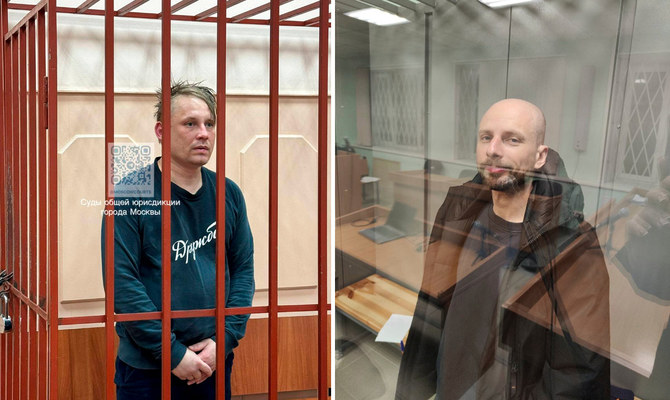
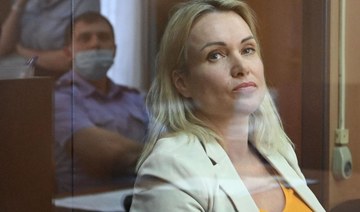

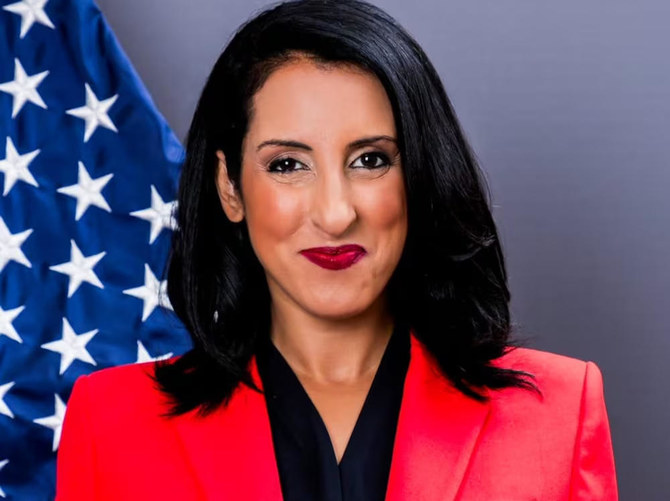
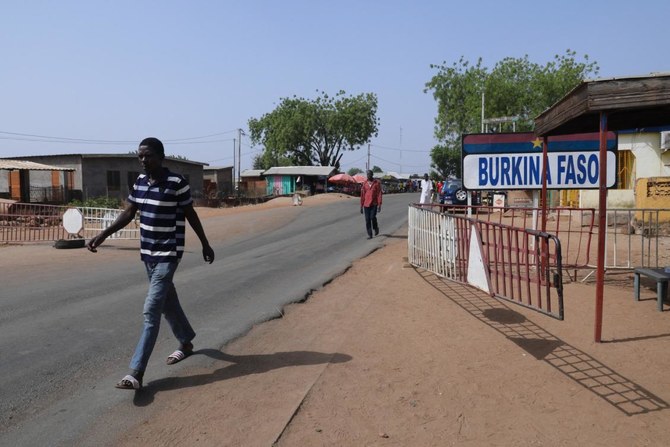

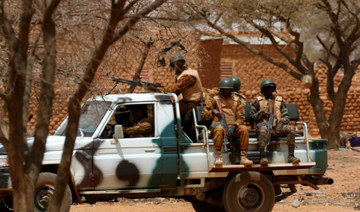
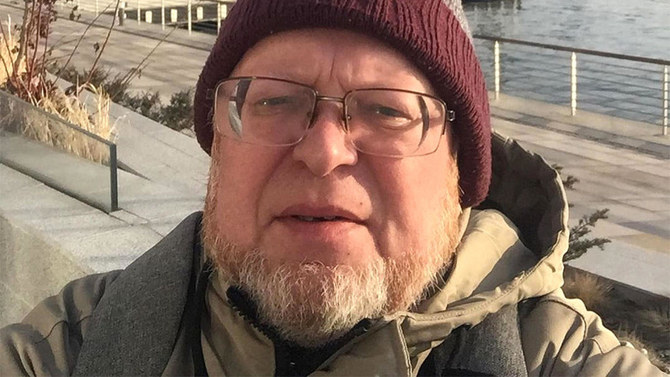

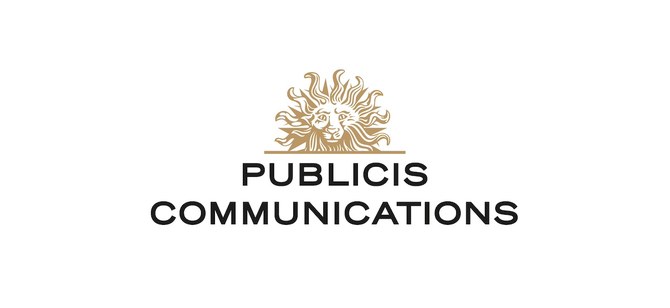
 Baraja brought with him 22 years of global advertising and brand-building experience.
Baraja brought with him 22 years of global advertising and brand-building experience.








